Artists take curatorial power through Mirath: Music project
Traditional methods used in archiving cultural heritage run the risk of trapping a people’s stories in a rigid past. But culture is an ongoing occurrence whose preservation and archiving, too, must be dynamic.
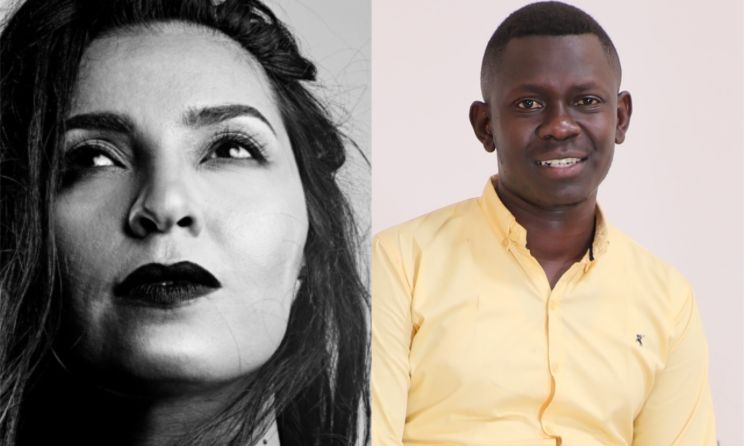 Amel Zen and Mohamed Adam Abbo are among the seven participating artists of Mirath:Music.
Amel Zen and Mohamed Adam Abbo are among the seven participating artists of Mirath:Music.
Mirath: Music – Goethe-Institut’s regional touring sound exhibition for artists in North Africa, Northeast Africa and West Asia – is spearheading a bold curatorial approach that honours musical diversity from the perspective of the artist. Rather than merely outlining historical developments in music, the exhibition offers insight into the aforementioned regions’ musical diversity, without attempting to be representative.
The project, which kicked off in late 2019 with the support of seven Goethe Institutes, will see seven artists from Algeria, Sudan, Tunisia, Palestine, Iraq, Lebanon and Jordan produce tracks that draw from the musical elements of different epochs and places. The exhibition’s components include 14 individual sound files, one common track, texts and film.
Goethe-Institut Jordan programme coordinator Sophia Schall told Music In Africa that Mirath: Music emerged from the cultural organisation’s experiences with previous projects in the field of oral history, where it observed that intangible cultural heritage is on the verge of being lost. The organisers also saw a growing interest from artists, musicians and researchers to work with intangible cultural heritage.
In 2020, working in pairs or more, the participating musicians created two productions each, which served as the “first explorations of the subject but don’t form part of the exhibition,” Schall said. Between April and May 2021, a conceptualisation workshop rescheduled from the previous year and held online due to COVID-19, finally came off. Facilitated by ethnomusicologist, cultural producer and music journalist Thomas Burkhalter, the seminar led to the artists deciding upon the concept for the exhibition, collaborating on an additional track and a video about the project.
“The project was meant to be situated at the juncture between research and artistic productions,” Schall said. “We decided to combine these two, as such an approach provides a new and refreshing perspective on musical heritage, makes it accessible and brings it alive in a new way, as well as reaches a new and more diverse audience. At the same time, the new productions themselves become part of the cultural heritage and contribute to its ongoing development.”
Algeria’s Amel Zen, a participating artist, says Mirath: Music has been able to foster a conversation about heritage beyond folkloric dimensions. “It allows us to debate and reflect in a unique and profound way while challenging us on our environment, society, culture, history and even politics,” she said, adding that the initiative “places our creations in a global context in how it allows the dissemination and promotion of our productions on established and professional music and media platforms.”
Another participant in the programme, Sudanese musician and researcher Mohamed Adam Abbo, said: “The failure of governments to manage this diversity, and their work to distinguish between them, highlight specific cultures and marginalise others, led to the rupture of social fabric ties and the creation of cultural borders. Each ethnicity closed itself off, creating generations that did not know anything about their country, and diminished their national sense, which led to tribal wars in various regions in Sudan – in the Nuba Mountains, Blue Nile and Darfur – and was one of the reasons for the division of South Sudan. Accordingly, the importance of this project stems from firstly introducing the Sudanese to the extent of the cultural richness that we are distinguished by.”
The project has also expanded the participating artists’ horizons. “The different points addressed during the workshops by the candidates and the cultural professionals have allowed me to have a new approach and vision in the treatment of heritage that goes beyond the musical question. Heritage becomes a cryptological object of its history, sociology, culture and philosophy,” Amel Zen said.
The first Mirath: Music exhibition will open in Sudan from 13 to 16 October before going to Jordan on 23 October. Exhibition dates for Lebanon, Algeria, Tunisia and Iraq will be announced soon.




















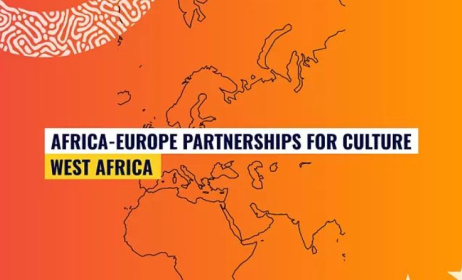
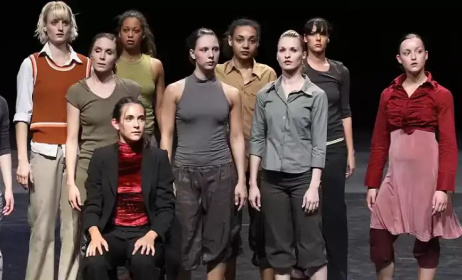



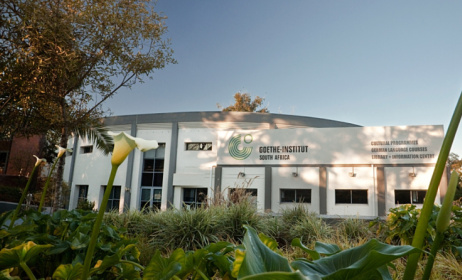

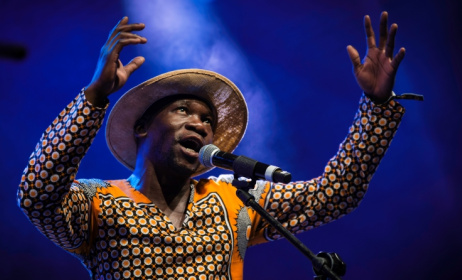

Comments
Log in or register to post comments